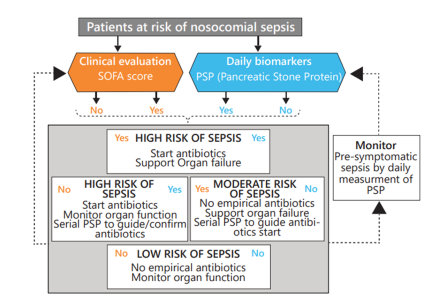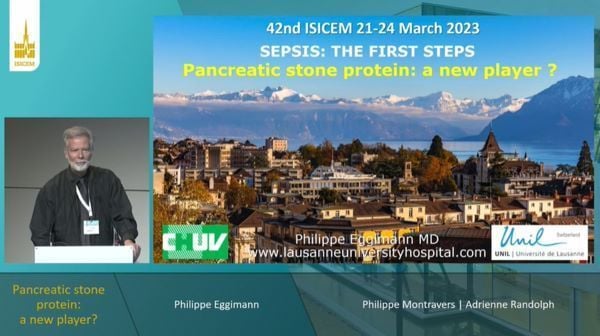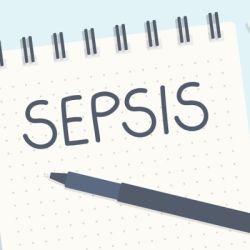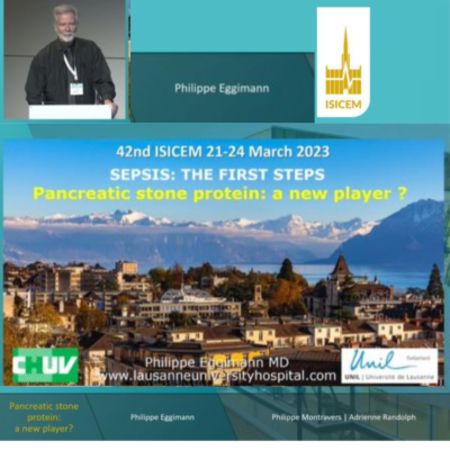The International Symposium on Intensive Care and Emergency Medicine (ISICEM) is a renowned event in the medical industry, bringing together professionals from all over the world to discuss the latest developments and advancements in critical care and emergency medicine. This year's event took place from 21 to 24 April 2023 in Brussels.
One of the keynote presentations at this year's ISICEM was given by Dr Philippe Eggimann, a renowned intensivist and researcher in the field of sepsis management from the University Hospital of Geneva. Dr Eggimann's presentation focused on the latest advances in the diagnosis of sepsis, a life-threatening condition that remains a major challenge in the field of intensive care.
During the session “Sepsis the first steps”, Dr Eggimann gave a presentation on sepsis biomarkers and their potential usefulness in clinical practice. Dr. Eggimann highlighted the importance of identifying and diagnosing sepsis early, which can significantly improve patient outcomes.
He focused on a biomarker called PSP, which has been found to have a higher specificity for infection compared to other commonly used biomarkers like CRP and PCT.
PSP, or pancreatic stone protein, is a protein secreted by the pancreas. It has shown higher specificity for infection and has been shown to diagnose infection with higher accuracy than other biomarkers such as CRP and PCT. In combination with CRP, PSP has shown an accuracy of 0.90, making it a promising biomarker for diagnosing infection.
In addition, PSP has been shown to identify sepsis early. Indeed, a prospective multicentric study conducted in ICU showed that PSP starts to increase 2-3 days before the patient develops clinical sepsis. This makes PSP a potential biomarker for monitoring and predicting the risk of developing infection or sepsis.
Dr Eggimann proposed a simplified approach (Figure 1) for clinicians to use in combination with clinical evaluation to diagnose and treat sepsis. The approach involves measuring PSP and CRP levels based on clinical suspicion and patient history. Regular serial biomarker measurements are also recommended to monitor patient progress and adjust treatment as necessary.

Figure 1: Guidelines for suspected sepsis
Overall, PSP is a promising new biomarker that has shown potential in diagnosing infections, identifying sepsis early and predicting patient outcomes. It is readily available for real-time measurement using Abionic's nanofluidic diagnostic platform and can provide rapid and valuable information in a few minutes to clinicians at the patient's bedside to make the decision to give or not give antibiotics.



















